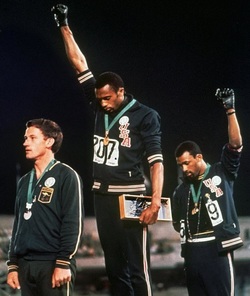
I always saw the photo as a powerful image of two barefoot black men, with their heads bowed, their black-gloved fists in the air while the US National Anthem, “The Star-Spangled Banner,” played. It was a strong symbolic gesture – taking a stand for African American civil rights in a year of tragedies that included the death of Martin Luther King and Bobby Kennedy.
It’s a historic photo of two men of color. For this reason I never really paid attention to the other man, white, like me, motionless on the second step of the medal podium. I considered him as a random presence, an extra in Carlos and Smith’s moment, or a kind of intruder. Actually, I even thought that that guy – who seemed to be just a simpering Englishman – represented, in his icy immobility, the will to resist the change that Smith and Carlos were invoking in their silent protest. But I was wrong.
Thanks to an old article by Gianni Mura, today I discovered the truth: that white man in the photo is, perhaps, the third hero of that night in 1968. His name was Peter Norman, he was an Australian that arrived in the 200 meters finals after having ran an amazing 20.22 in the semi finals. Only the two Americans, Tommie “The Jet” Smith and John Carlos had done better: 20.14 and 20.12, respectively.
It seemed as if the victory would be decided between the two Americans. Norman was an unknown sprinter, who seemed to just be having a good couple of heats. John Carlos, years later, said that he was asked what happened to the small white guy – standing at 5’6”tall, and running as fast as him and Smith, both taller than 6’2”.
The time for the finals arrives, and the outsider Peter Norman runs the race of a lifetime, improving on his time yet again. He finishes the race at 20.06, his best performance ever, an Australian record that still stands today, 47 years later.
But that record wasn’t enough, because Tommie Smith was really “The Jet,” and he responded to Norman’s Australian record with a world record. In short, it was a great race.
Yet that race will never be as memorable as what followed at the award ceremony.
It didn’t take long after the race to realize that something big, unprecedented, was about to take place on the medal podium. Smith and Carlos decided they wanted to show the entire world what their fight for human rights looked like, and word spread among the athletes.
Norman was a white man from Australia, a country that had strict apartheid laws, almost as strict as South Africa. There was tension and protests in the streets of Australia following heavy restrictions on non-white immigration and discriminatory laws against aboriginal people, some of which consisted of forced adoptions of native children to white families.
The two Americans had asked Norman if he believed in human rights. Norman said he did. They asked him if he believed in God, and he, who had been in the Salvation Army, said he believed strongly in God. “We knew that what we were going to do was far greater than any athletic feat, and he said “I’ll stand with you” – remembers John Carlos – “I expected to see fear in Norman’s eyes, but instead we saw love.”
Smith and Carlos had decided to get up on the stadium wearing the Olympic Project for Human Rights badge, a movement of athletes in support of the battle for equality.
They would receive their medals barefoot, representing the poverty facing people of color. They would wear the famous black gloves, a symbol of the Black Panthers’ cause. But before going up on the podium they realized they only had one pair of black gloves. “Take one each”, Norman suggested. Smith and Carlos took his advice.
But then Norman did something else. “I believe in what you believe. Do you have another one of those for me ?” he asked pointing to the Olympic Project for Human Rights badge on the others’ chests. “That way I can show my support in your cause.” Smith admitted to being astonished, ruminating: “Who is this white Australian guy? He won his silver medal, can’t he just take it and that be enough!”.
Smith responded that he didn’t, also because he would not be denied his badge. There happened to be a white American rower with them, Paul Hoffman, an activist with the Olympic Project for Human Rights. After hearing everything he thought “if a white Australian is going to ask me for an Olympic Project for Human Rights badge, then by God he would have one!” Hoffman didn’t hesitate: “I gave him the only one I had: mine”.The three went out on the field and got up on the podium: the rest is history, preserved in the power of the photo. “I couldn’t see what was happening,” Norman recounts, “[but] I had known they had gone through with their plans when a voice in the crowd sang the American anthem but then faded to nothing. The stadium went quiet.”
This post was written by Richard Gazzaniga. You can find his post here: http://www.filmsforaction.org/articles/the-white-man-in-that-photo/



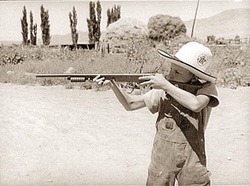

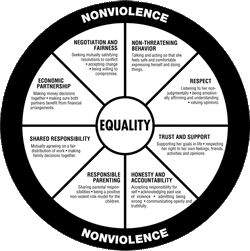
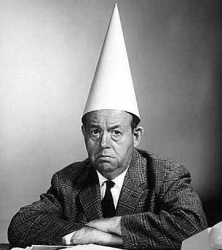
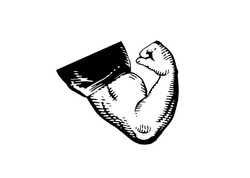
 RSS Feed
RSS Feed